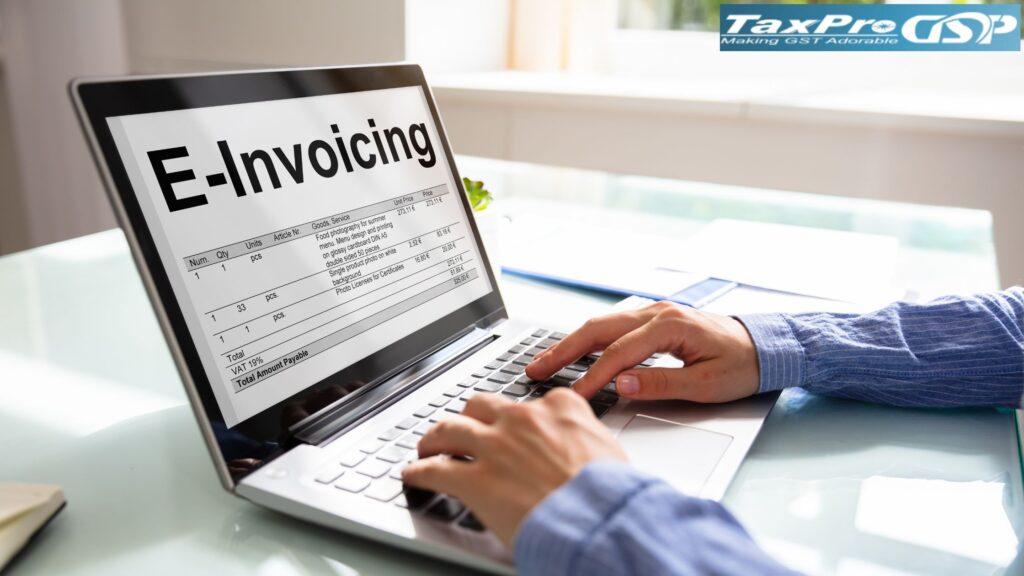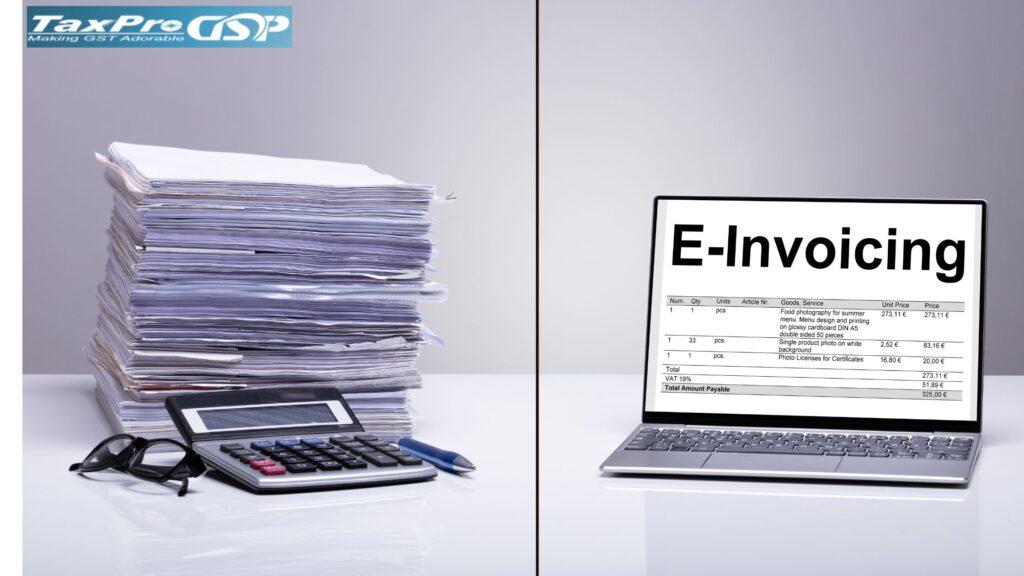Multi-Factor Authentication and Updated GST Provisions for E-Way Bills

Multi-factor authentication for using the updated versions of the E-Way Bill and E-Invoice Systems will be obligatory for all the taxpayers from April 1 next year. There will also be new provisions for the e-way bill generation. Let us learn about the upcoming changes in GST provisions. Implementation Timeline for MFA Starting January 1, 2025, […]
What is Invoice Management System (IMS) under GST?

The Goods and Services Tax Network keeps introducing new features to simplify compliance under e-Invoicing. The Invoice Management System is one such feature that has been introduced recently. It aims to help significantly simplify how taxpayers manage invoices. Let us take a look the key features of the Invoice Management System and know how it […]
What is the GST e-Invoice Portal and Why is it Important for Businesses?
eInvoicing under the Goods and Services Tax (GST) regime has transformed the way businesses handle their invoicing processes. It helps businesses generate e-Invoices in a standard format to ensure compliance and minimize errors. These e-invoices are used to report business-to-business (B2B) transactions to the government. However, if want to know more, our blog will walk […]
How to Choose the Right eInvoicing Software for Your Business?
As the digital economy is growing, business owners across the globe are turning towards eInvoicing software to streamline their workflow and financial processes. This shift towards electronic billing is gaining popularity, because of efficiency. However, today there are multiple eInvoice software available in the market which makes it even more difficult to pick any one. […]
B2C E-Invoicing: Here Is Everything to Know

The GST Council has recommended eInvoicing for the B2C sector. The intention of introducing eInvoicing for B2C transactions is to improve compliance and reduce tax evasions. B2C invoicing ensures that businesses record all such transactions accurately and report them. A pilot B2C eInvoicing system was introduced by the GST council at its 54th meeting. The […]
7 eInvoicing Mistakes to Avoid For Successful Implementation into Your Business

eInvoicing was implemented in a phased manner. It first became applicable to businesses with annual turnover of INR 500 crores. It was then expanded to businesses with an AATO of INR 100 crores. Eventually, eInvoicing was made essential for businesses with AATO exceeding 5 crores. Most businesses are new to eInvoicing which makes them prone […]
How to Identify and Report a Fake GST Invoice?
The cases of fake GST invoices have witnessed a significant spike in recent times. Fraudsters generate fake GST invoices for several reasons such as tax evasion, fake purchases, money laundering, etc. Scammers are also creating fake GST bills to cheat people. Here are some ways to identify fake GST invoices that can help you avoid […]
Why is it Necessary for Businesses to Keep Up with eInvoice Latest News in India?
In recent years, the digital transformation of businesses has brought enormous changes to various facets of operations. In particular, the introduction of electronic invoicing, or eInvoice, has revolutionized the way organizations handle their invoices. Interact with the government and stakeholders. As India is progressing towards a more digital economy. Staying updated with the latest news […]
What are the Key Challenges with the eInvoicing System?
Implementation of eInvoicing system was authorized by the GST Council in September 2019. As a result, the new compliance reform made its entry in India after successful implementation in over 100 countries globally. The primary purpose of this reform is to make the tax return process easy. But the reform does come with its share […]
E-Invoice Verifiers App: Everything You Need to Know
GSTN recently introduced its user-friendly eInvoice verifier app for efficiently verifying invoices and ensuring a seamless experience for users. The app validates the authenticity of the eInvoice based on the QR code. Users can scan QR codes on their invoices to authenticate the information and compare it with details on the printed invoice. Let us […]

